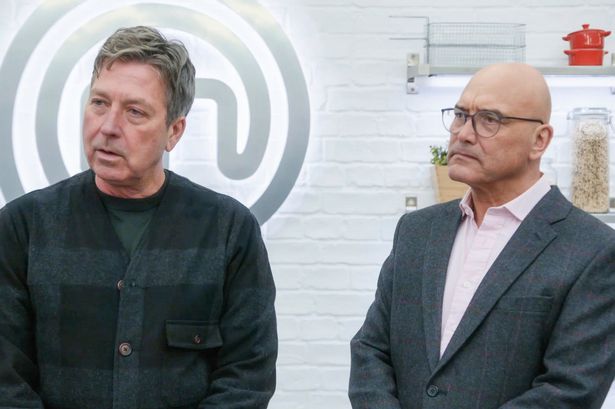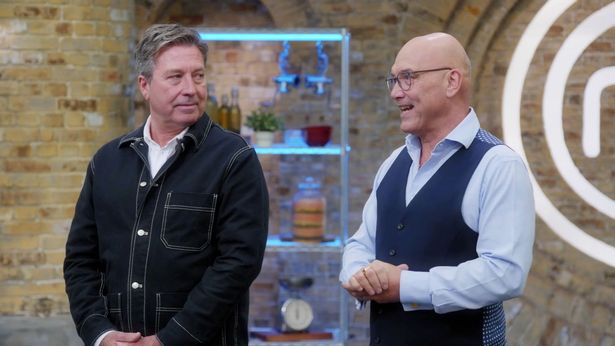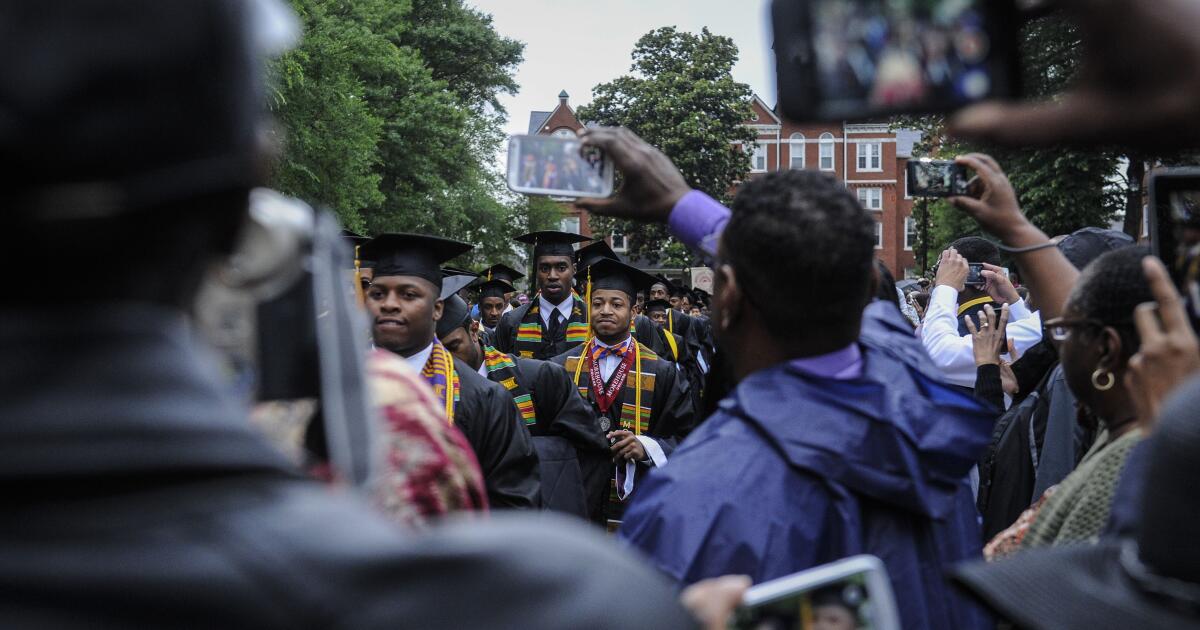EXCLUSIVE: A PR expert has weighed in on the future careers for Gregg Wallace and John Torode after they have now both been axed from MasterChef amid damning claims
Gregg Wallace and John Torode’s secure futures on TV have been shattered following their axes from MasterChef after 20 years. Former greengcrocer Wallace, 60, was given the boot first following multiple allegations levelled at him.
This week, a report from legal firm Lewis Silkin said 45 out of 83 accusations against Wallace were corroborated. The report stated that two other people had substantiated claims about them.
Just hours later, Torode outed himself as one of the individual’s as he said he’d been accused of using a racist remark. The TV chef, 59, has insisted he does not remember saying the “offensive” slur, which he is said to have made eight years ago.
Last night, Torode said he only learned about his sacking for using it through the BBC News website, as he followed Wallace out of the door. Following the shock double axing, a PR expert has revealed to the Mirror what the future may look like for the pair.
Celebrity PR Specialist Kayley Cornelius told us: “While MasterChef may be able to recover from this controversy, the same optimism can’t be shared for host Gregg Wallace, whose presenting career will now undoubtedly be over. With an overwhelming number of upheld accounts against him, it would take a broadcaster with real guts to commission him for another TV show.
“In an age of cancel culture, and with broadcasters already struggling to hold on to viewers, many simply can’t afford to take the risk of welcoming Wallace back—not just financially, but internally too. Given the risk he poses to himself and others, if he were to return to the studios, I’m sure many staff would begin to turn their backs and protest against working with him.”
She explained: “The presenting sector is quickly becoming a saturated space, with new talent constantly emerging. Like a revolving door, when one leaves, there’s always another ready to step in—reducing demand.
“For Gregg, his path is already mapped out. It only takes looking at similar cases, such as Wynne Evans and Phillip Schofield —who have both recently faced comparable allegations and have since struggled to return to TV—to see what lies ahead for him. I believe history will repeat itself.”
Kayley believes Torode may stand an ever so slightly better chance despite the claim against him. Speaking to the Mirror on behalf of Betfeed, she said: “For co-host John Torode however, it may be a slightly different story.
“His TV career hangs in the balance, and only time will tell what his future could look like. If more allegations and statements come to light, like Wallace, it would likely be game over for him, too.
“Although, if the incident at hand remains an isolated account, there’s potential he could edge his way back into the industry—provided he takes some time away, proves to fans that he is sincerely sorry, and shows he has changed since those remarks.”
She concluded: “That said, like Gregg, he also faces the same issue of broadcasters not being able to invest in risky talent for fear of losing viewers. So, while there is a chance John could return to TV depending on the outcome of further investigations, I don’t believe it would be on the same scale as prime-time, and he may have to return on a smaller level.”
In awkward timing, BBC Director General Tim Davie was grilled on the future of MasterChef during the release of the annual report. Asked exactly what Torode said, Mr Davie last night replied: “I’m not going to give you the exact term, because I think, frankly it was serious racist term, a serious racist term, which does not get to be acceptable in any way, shape or form.”
In relation to MasterChef’s future, the BBC boss continued: “I absolutely think it does (have a future), I think a great programme that’s loved by audiences is much bigger than individuals. It absolutely can survive and prosper, but we’ve got to make sure we’re in the right place in terms of the culture of the show.”
READ MORE: Get 30% off menopause supplements for bloating women ‘wish they’d found sooner’
Like this story? For more of the latest showbiz news and gossip, follow Mirror Celebs on TikTok , Snapchat , Instagram , Twitter , Facebook , YouTube and Threads .



